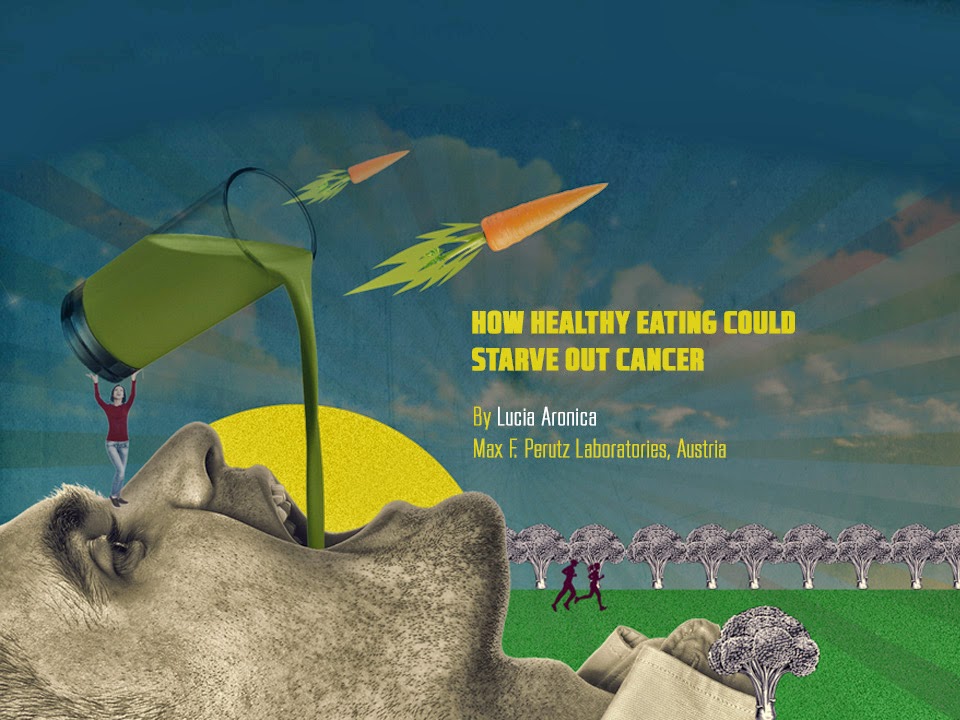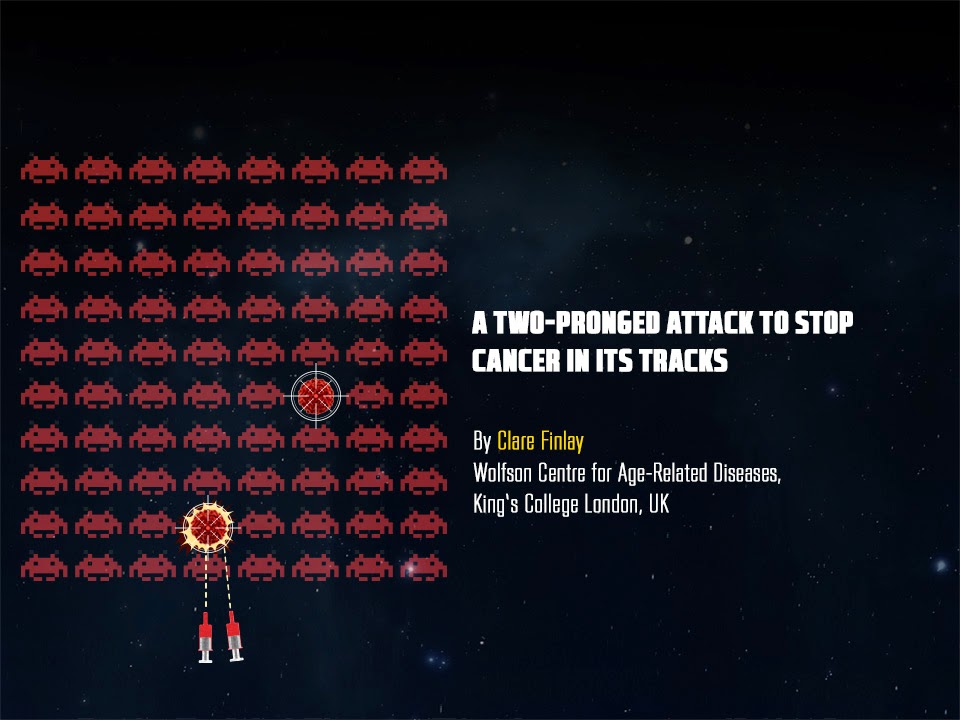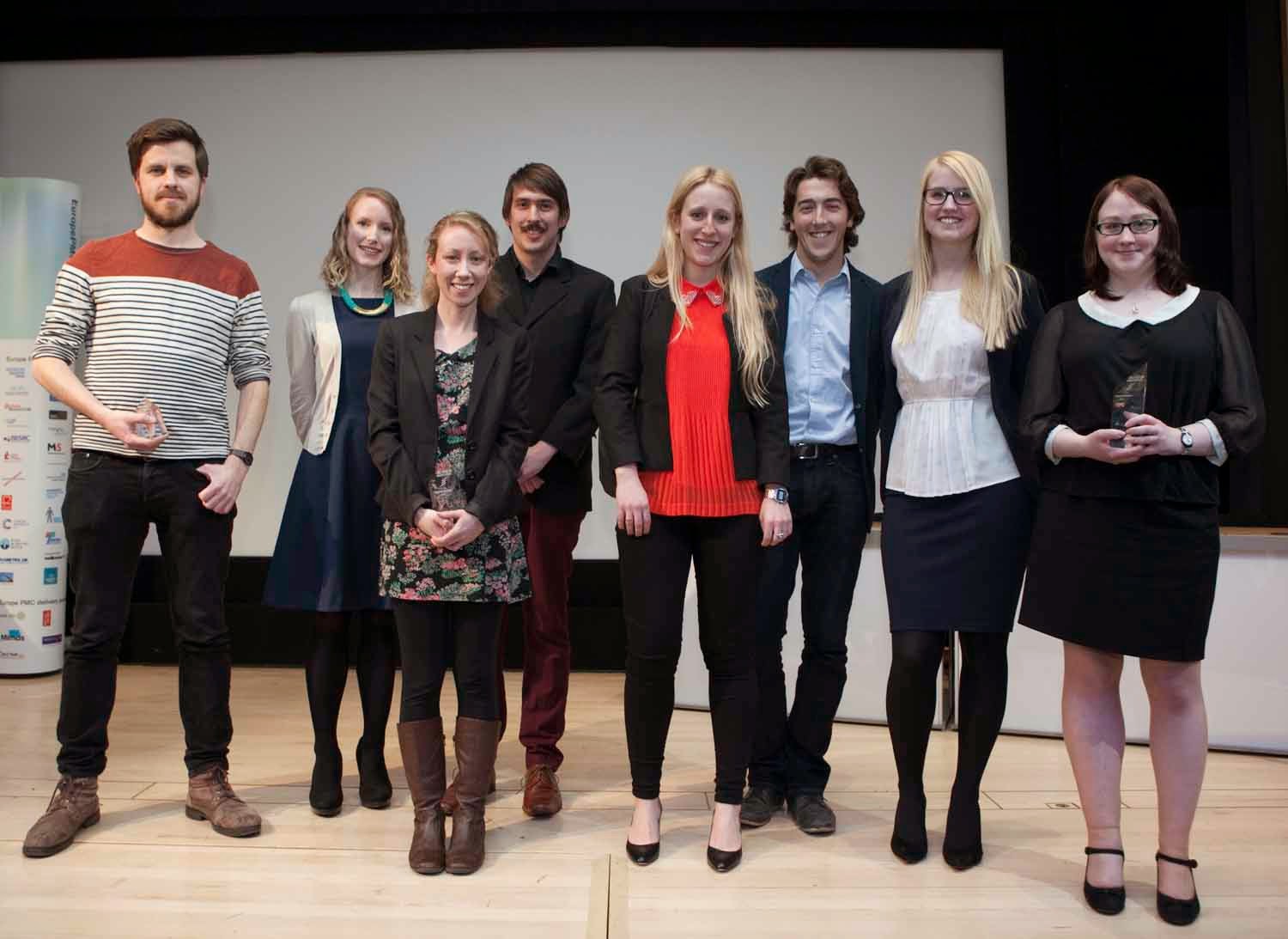
We have a new paper out. It’s about how chromosomes get shared during cell division. The paper in a nutshell In science-speak Misaligned chromosomes outside the exclusion zone become *ensheathed *in multiple layers of endomembranes. This event consigns the chromosome to missegregation and generates a micronucleus. In normal language Cells can make mistakes when they divide.





